4 “Why” and 4 “How” of mLearning Apps
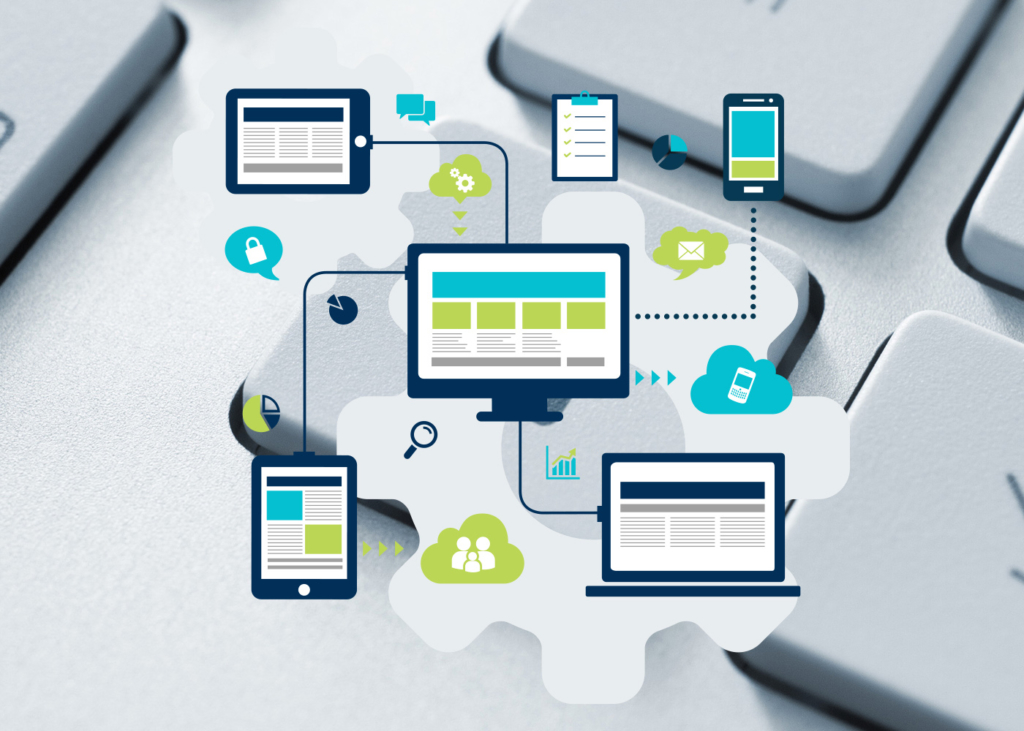
If you are reading this article, you are likely to be aware of the effectiveness of the LMS and of the distant learning advantages. Thus, you might be considering developing your own platform in order to:
- Promote your offline educational business
- Enter the online market
- Optimize your HR costs
- Educate your employees on-the-job
Distant learning services originally involved eLearning technology based on desktop platforms. They still have some unique advantages of multimedia content interactivity features e.g. Adoriasoft case of MovieMouth. However, over the last 3 years the distant learning has gone mobile. The core differences between mLearning and eLearning are:
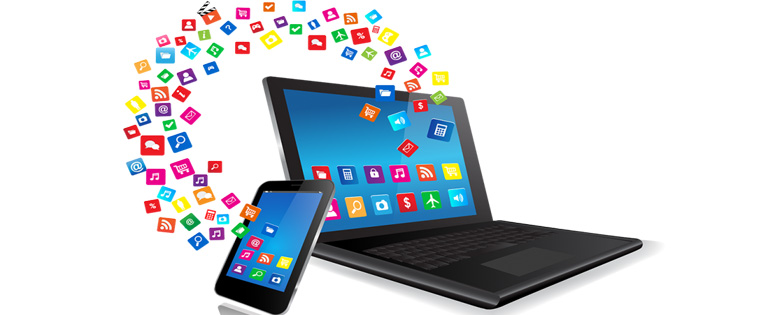
- mLearning is a handy source of prompt knowledge delivery and eLearning is a profound studying of practical skills
- mLearning is usually less formal and more flexible
- 3-10 min of mLearning lessons (vs 20-60 min of eLearning lessons)
- mLearning is available any time and anywhere
Either you are moving from eLearning to mLearning or building your mLearning app from scratch - you should pay attention to the following features in order to build a useful and engaging software:

Content
mLearners usually use every minute to have a bit of moving forward experience with their course. So the general content plan structure before and after each small piece of information would help user to feel supported and guided.
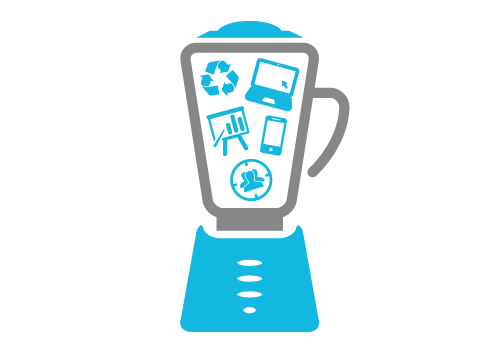
Blended approach
mLearning courses are more about gamified pre- and post training counselling of an eLearning course or instructor-led training. Thus, it’s more reasonable to refer a user to your other resources and/or web site in order to build cross-promotion effect, rather than to push all the knowledge through the single mobile app.
Data base
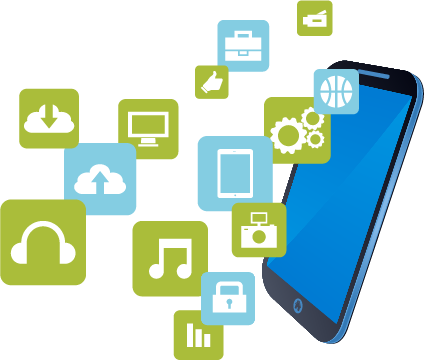
The balance of a course multimedia content, users devices resources and Wi-Fi access probability is usually optimal when an mLearning app provides both online and offline access to its information.
Native look and device orientation
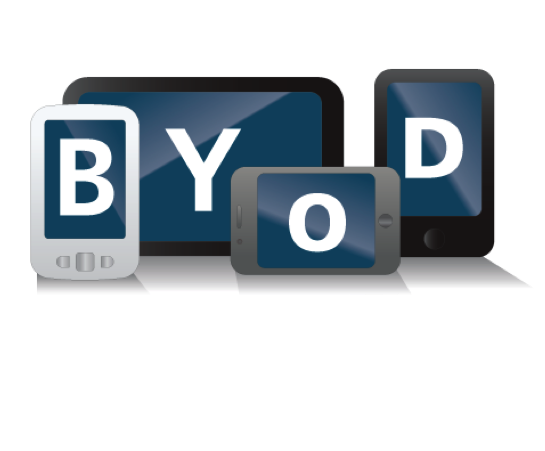
This is simply about usability experience being nowadays a high standard in general and on the online education market particularly. As for the gamifying approach to mLearning the app can provide interactive features like: knowledge evaluations, learning games, reminders, space learning etc.
The uniqueness and tips of mLearning apps development are again about the four key ideas below:
- Understand your audience needs very clear
- Specify the device you are developing app for
- UE needs to fit the smallest device you choose from
- Keep it as simple as possible